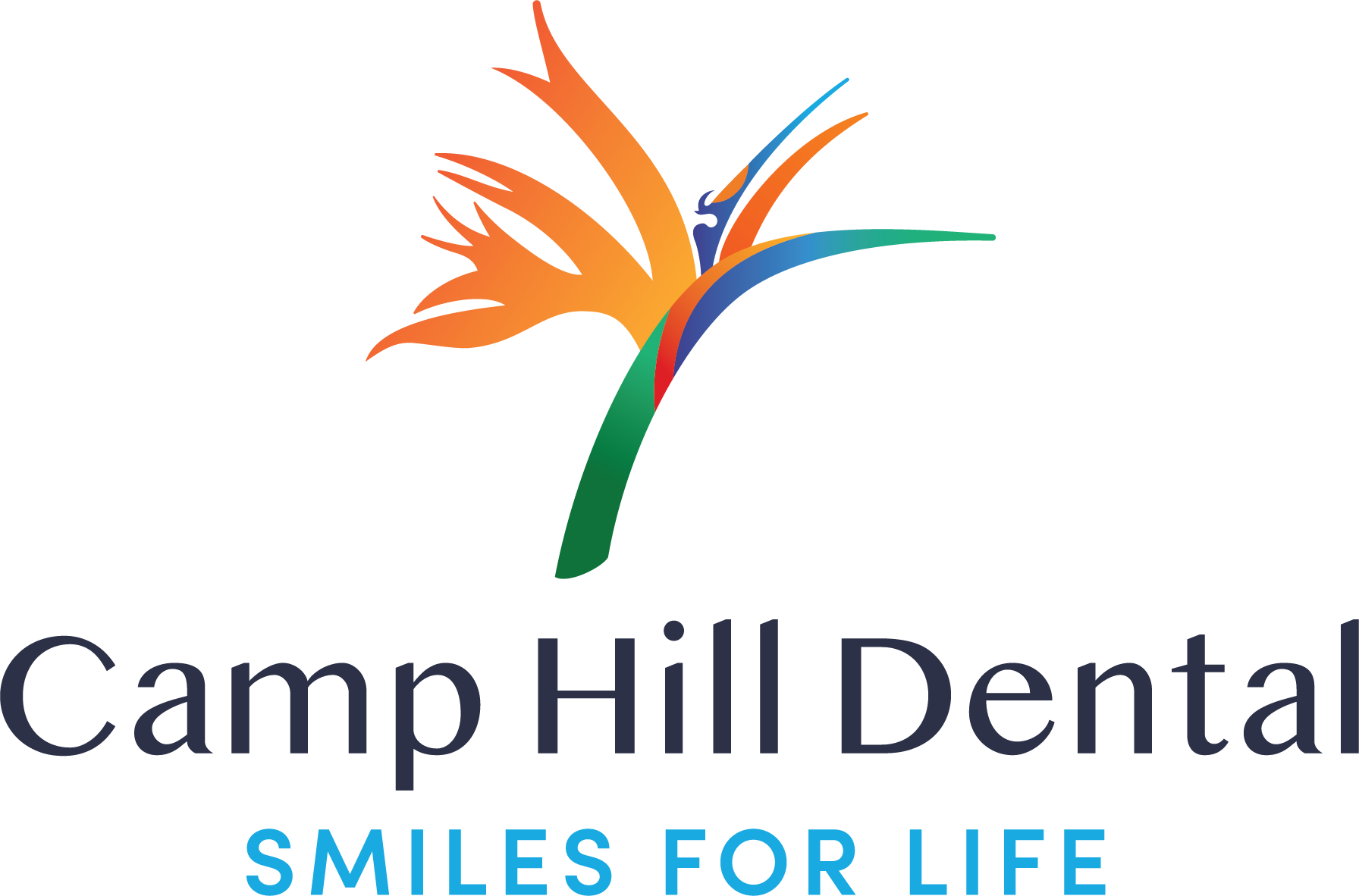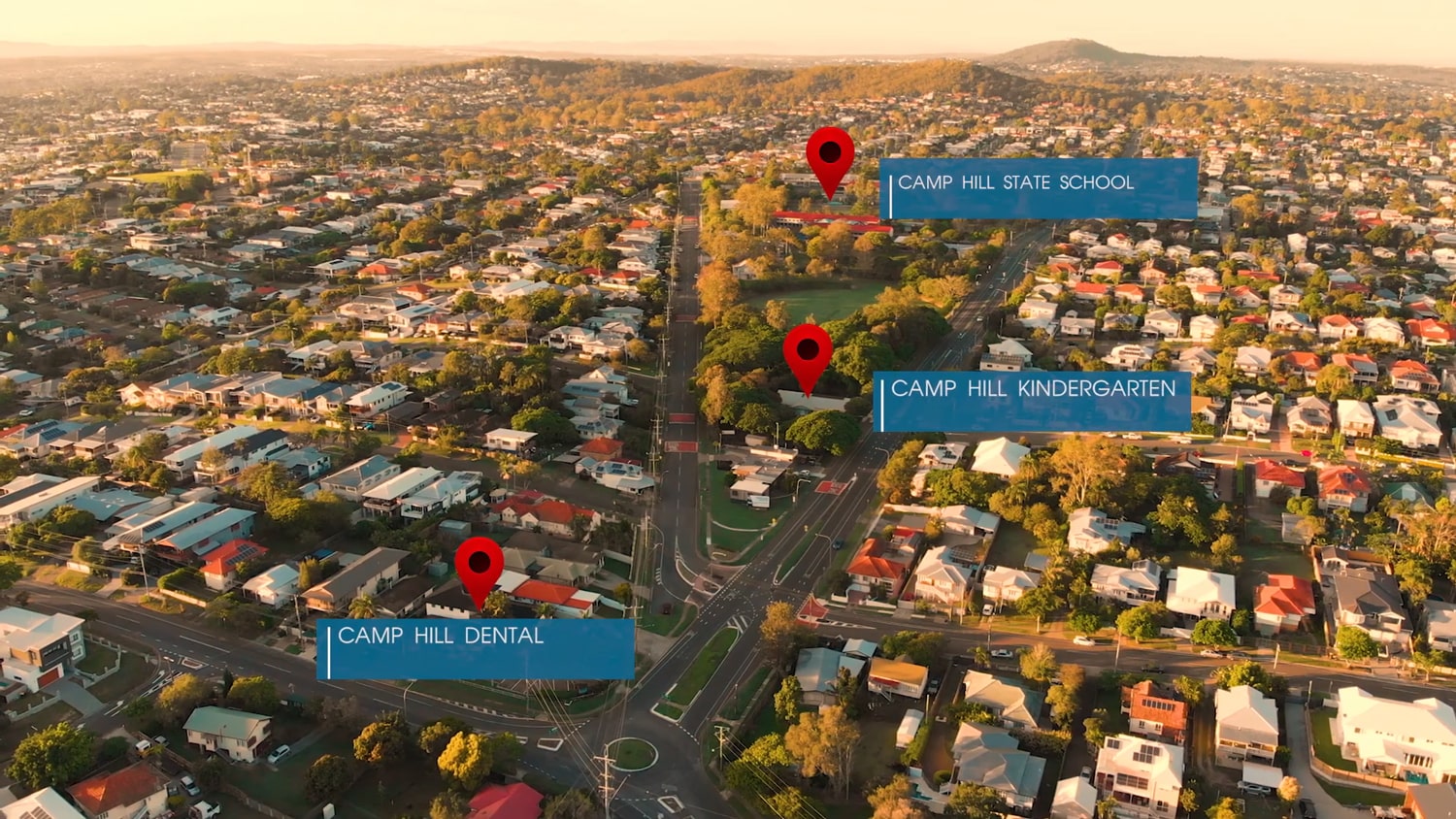Night-time teeth grinding got you down?
Did you know that 80% of headache sufferers think there is no solution? If you’re regularly waking up with jaw pain, the culprit might be excessive teeth grinding during sleep. This may put you at risk of suffering from permanent damage to your teeth and jaw joints. Excessive grinding is not a normal chewing movement. It is not uncommon for a husband, wife or partner sleeping nearby to be woken by the sound of the loud grinding.
Grinding of your teeth is a primary factor in the temporomandibular joint (TMJ) and temporomandibular muscle disorder (TMD). The pain and malaise (including tension headaches) that is associated with this issue originates at the hinge joints at each side of your jaw (the mandible). However, there are a number of reasons/conditions that may be behind typical TMJ symptoms (such as arthritis, structural jaw problems and teeth clenching).
We’ll assess, monitor & solve
If you suspect you have been grinding at night or your teeth appear to be wearing down, make an appointment to have one of our dentists assess, monitor and provide you with solutions to manage the issue, such as:
- Night guards (occlusal splints) – it may be necessary to have our dental technician make a customised dental appliance for you to wear at night. This protects your teeth, lips and tongue from laceration, as well as cushioning against excessive wear of both the teeth (bruxism) and/or cracking of teeth and jaw joint (saving you from jaw fractures and even tooth loss).
- Sleep Apnoea dental appliances – grinding and clenching of teeth is sometimes associated with sleep disturbances. Sleep Apnoea can mean you literally stop breathing and this can even cause brain damage. Somnomed® Dental Appliances are designed to pull your lower jaw forward, so more oxygen reaches your brain and prevents grinding and clenching of your teeth. A CPAP machine provided by a respiratory physician may be needed to rectify moderate to severe sleep apnoea.
- Short-term pain management – especially for TMJ pain relief, we may prescribe appropriate analgesics or recommend over-the-counter medications. As well as suggest massage techniques, TMJ exercises and the application of heat/ice packs.


